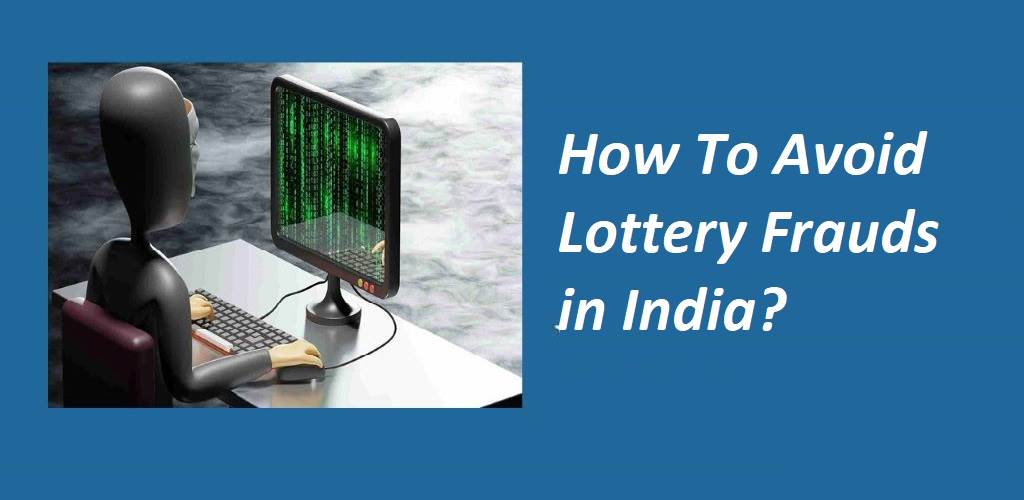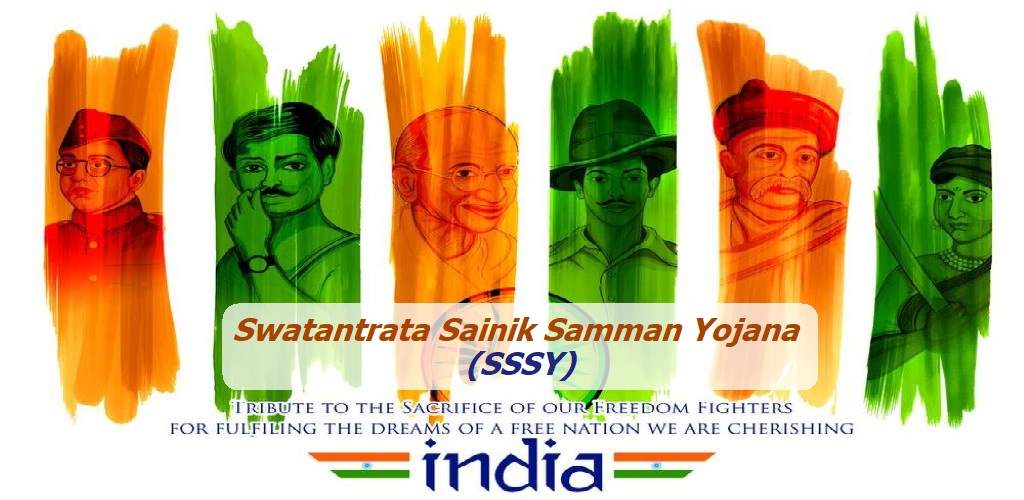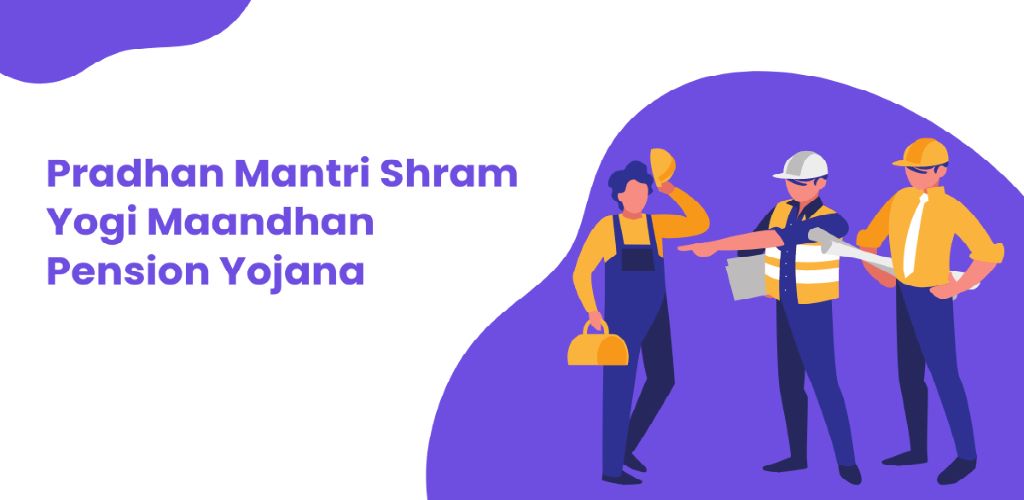Winning the lottery is a dream for many Indian people, just like we’ve seen in movies. However, the reality is somewhat different. Scammers know this and try to take advantage of it. Recently, they have started sending fake messages to people, claiming that they have won a lottery.
Speaking of the working of the frauds, “The scammer sends a message saying you have won a big lottery prize. They ask you to provide your personal information and banking details to claim the prize”. Sometimes, they also ask for a payment for ‘processing fees’ or ‘taxes’.
For example, imagine you receive a message saying you won Rs. 1 crore in a lottery. Everybody will be excited to hear such a huge amount of money. After that, you follow the instructions in the message. You give them your name, address, and bank account details. They also ask you to pay Rs. 2000 as a processing fee, which you do.
After getting all your information and the fee, the scammers disappear. You realize later that there was no lottery, and you have been tricked. This is known as lottery fraud.
In this post, we’ll discuss the ways to identify lottery fraud and how to avoid being scammed.
Understanding Lottery Scams
Lottery scams trick people into believing they have won a prize in a lottery they never entered. The scammers aim to get money or personal information from the victims by pretending that they need to pay processing fees, taxes, or other expenses to claim the prize. These scams can come in many forms, such as emails, phone calls, social media messages, or letters. Each method is designed to look real and urgent.
A common trait of lottery scams is the use of official-sounding language and branding. Scammers often pretend to be well-known lottery organizations, using logos and branding to make their claims seem credible. They may also create a sense of urgency, pressuring the victim to act quickly to avoid missing out on the prize.
Types of Lottery Scams
Lottery scams come in various forms, each with unique tactics to deceive victims. Here are some common types:
- Email Scams
One of the common types of lottery fraud is email scams which have become an infamous tool to do fraud with people who are not aware of it. Victims receive emails claiming they have won a large sum in an overseas lottery. These emails look official, using logos, seals, and formal language. They instruct recipients to pay a fee or provide personal information to claim the prize. The goal is to trick victims into divulging personal details or sending money.
- Phone Scams
Scammers call victims, telling them they’ve won a lottery. They use high-pressure tactics to create urgency, instructing victims to pay a fee or provide personal information. The goal is to extract money or sensitive information quickly.
- Social Media Scams
Fraudsters contact victims via social media, announcing a lottery win and requesting fees or personal information. Often, they impersonate friends or family members to gain trust. These scams exploit social media platforms’ personal connections.
- Letter Scams
Victims receive letters claiming they have won a lottery, often including fake checks or certificates. These letters instruct recipients to pay taxes or fees to release their winnings. The official-looking documents add credibility to the scam, which would convince victims to send money.
- SMS Scams
Scammers send text messages informing recipients of a lottery win, instructing them to follow a link or call a number to claim their prize. These messages often contain malware links or lead to premium-rate phone numbers, which may cost the victim money and compromise their information.
- Phishing Scams
These scams involve fake websites that mimic legitimate lottery sites. Victims are directed to these sites to claim their prize and are asked to enter personal and financial information. The goal is to steal sensitive information under the guise of claiming a prize.
- Advanced Fee Scams
Victims are told they need to pay an upfront fee to cover taxes, legal fees, or processing costs before receiving their winnings. Once the fee is paid, the scammer vanishes, leaving the victim without their money and no prize.
- Fake Charity Lotteries
Last but not least, scammers pose as representatives of charity lotteries, asking victims to buy tickets or make a donation to win a prize. These scams exploit the victim’s goodwill and desire to support charitable causes, which may deceive them into sending money to a fake cause.
How to Detect Lottery Scams?
If you don’t want to be caught in lottery fraud, you will need to take care of the following aspects. Let’s discuss them in detail!
- Poor English
If you receive a message claiming you’ve won a lottery, read it carefully. Scammers’ messages often have poor grammar, bad sentence structure, and spelling mistakes. No reputable organization will send messages with such errors. If the message has language issues, it’s likely fake.
- Unclear Winnings
You can’t win a lottery you never entered. If you receive a message stating you’re a lottery winner but don’t remember playing that lottery, you can assume the communication is fake. Lottery prizes are for those who have entered, and unsolicited winnings are usually a sign of fraud.
- Payment of Fees
If someone asks you to pay a processing fee or advance tax payment to claim your lottery winnings, do not comply. Legitimate lotteries do not require you to pay fees to receive your prize. Messages asking for such payments are likely scams.
- Suspicious Email Addresses
Always check the sender’s email address carefully. Scammers often use addresses that look official but have slight alterations. For example, an email from “lottery@theofficialsite.com” or “lotteryexperts.com” could be a scam and you avoid such kinds of email IDs or even similar IDs to ensure you are financially safe.
- Asking for Personal Details
Like other scams, lottery fraudsters try to extract personal and financial details, such as passwords or bank details. Legitimate lottery organizations never ask for such information. If a message asks for personal details, it’s a strong sign of a scam.
Different Ways to Avoid Lottery Scams in India
Listed below are the proven ways to avoid being scammed.
- Verify the Communication
No matter where you receive a notification that you’ve won a lottery, it’s crucial to verify its authenticity. Research the lottery organization and contact them through their official channels. Cross-check the winning notification with them to confirm if it’s genuine.
- Stay Aware
There is no denying that scammers continually adapt their tactics. However, when you stay informed and vigilant, you can avoid scams. Multiple platforms provide updates on recent fraud techniques, prevention tips, and actions to take if you’re targeted.
- Confidentiality
Ensure that you never share personal or banking information with anyone claiming to facilitate your lottery prize. Legitimate lottery organizations do not require sensitive details like PINs or passwords. If asked, refrain from providing such information and report the incident to authorities immediately.
- Recognize Urgency Tactics
Scammers often create urgency by demanding immediate payment or action to claim the prize. Be cautious of such pressure tactics, which aim to exploit your urgency to act quickly.
- Never Respond
One of the best ways to avoid lottery scams is to consider Ignoring messages or calls about unexpected lottery wins a prudent strategy. Genuine lottery wins do not typically require you to respond urgently or provide personal information hastily.
Conclusion
So, there you have it! Lottery fraud cases have unfortunately become increasingly common in today’s digital age. However, by understanding the signs of lottery scams and following the precautionary steps outlined above, you can protect your personal and financial information. Stay vigilant and verify the authenticity of any unexpected lottery notifications. If you encounter anything suspicious, promptly report it to the relevant authorities to prevent falling victim to these scams and ensure your safety.
Frequently Asked Questions
Listed below are the frequently asked questions related to the lottery fraud in India. Let’s discuss them in detail!
Common signs include unsolicited messages claiming you’ve won a lottery you didn’t enter, requests for personal or financial information, demands for payment to claim your prize, poorly written or generic messages, and suspicious email addresses or phone numbers.
Verify the legitimacy of the lottery by checking the official website of the lottery organization. Look for contact information and cross-check it with official directories. Legitimate lotteries are usually regulated by government bodies and have clear, transparent processes.
If you receive a suspicious lottery notification, do not respond or provide any personal information. Report the message to the relevant authorities, such as the Indian Cyber Crime Coordination Centre (IC4) or your local police station. You can also report it to the platform where you received the message (e.g., email provider, social media site).
Yes, there are legal lotteries in India, but they are regulated by state governments. Each state has its own set of rules and authorized lotteries. Some states have banned lotteries altogether, so it’s essential to be aware of your state’s regulations and ensure you stay safe and secure from fraudsters.
No, legitimate lotteries never ask winners to pay a fee to claim their prize. Any payment request is a strong indication of a scam. Legitimate lottery winnings are usually free of any processing fees.








